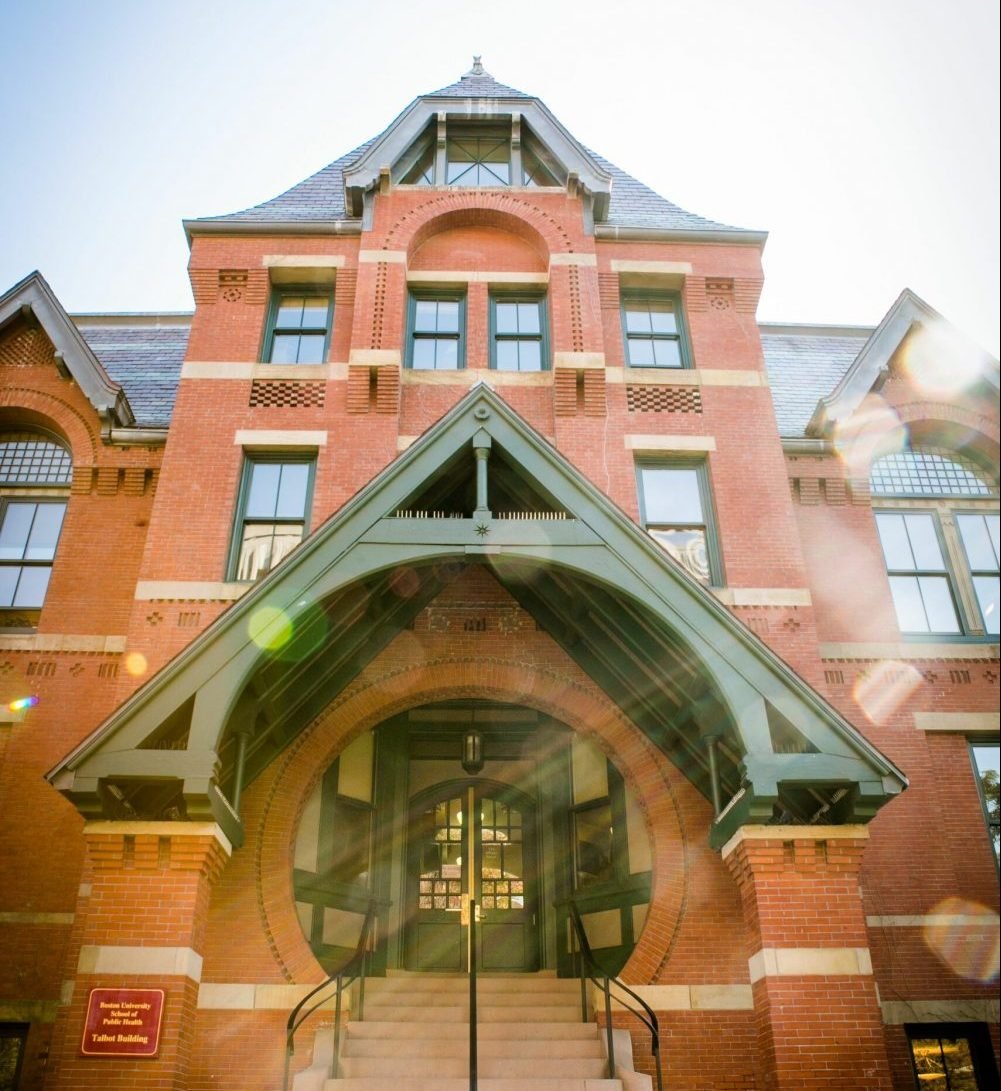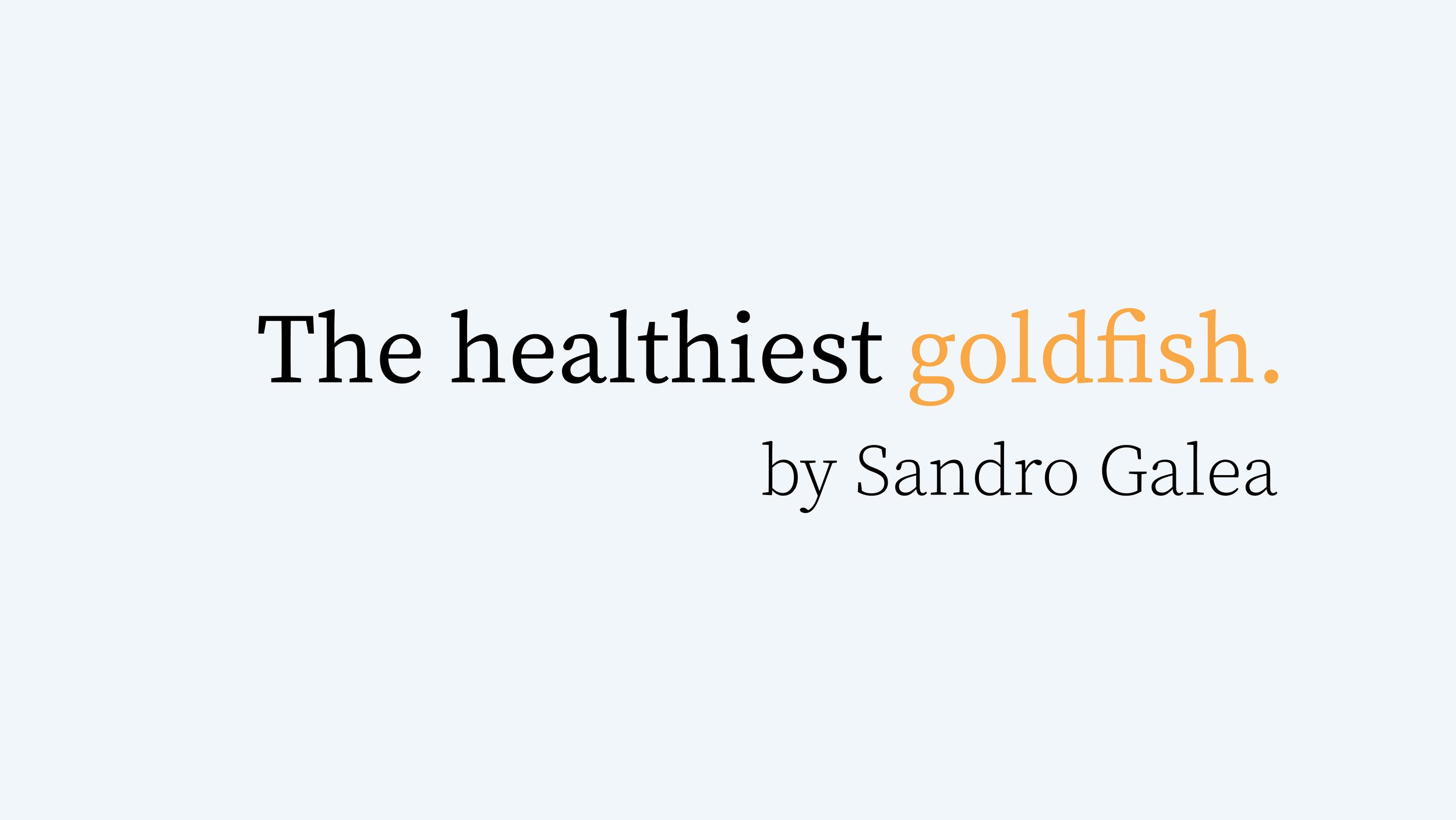On stepping down as Dean of Boston University School of Public Health at the end of 2024, paving the way for the next generation of leadership at the school who can lead the school into its 50th anniversary and the future.
This week, I let the school community know that I shall be stepping down as Dean of Boston University School of Public Health at the end of 2024, paving the way for the next generation of leadership at the school who can lead the school into its 50th anniversary and the future. Starting in 2025, I shall be taking on the position of inaugural Dean of a new School of Public Health at Washington University.I wanted here to follow up my earlier communication with a note of gratitude. I have had the enormous privilege of serving as Dean of this school for 10 years. I have had the good fortune of working with wonderful colleagues and friends, contributing to a school I care deeply about, and shepherding a new generation of scholars and scientists who are going to be the future of this school, and of public health, in coming decades. For all this I am so very grateful.
Read more here.





